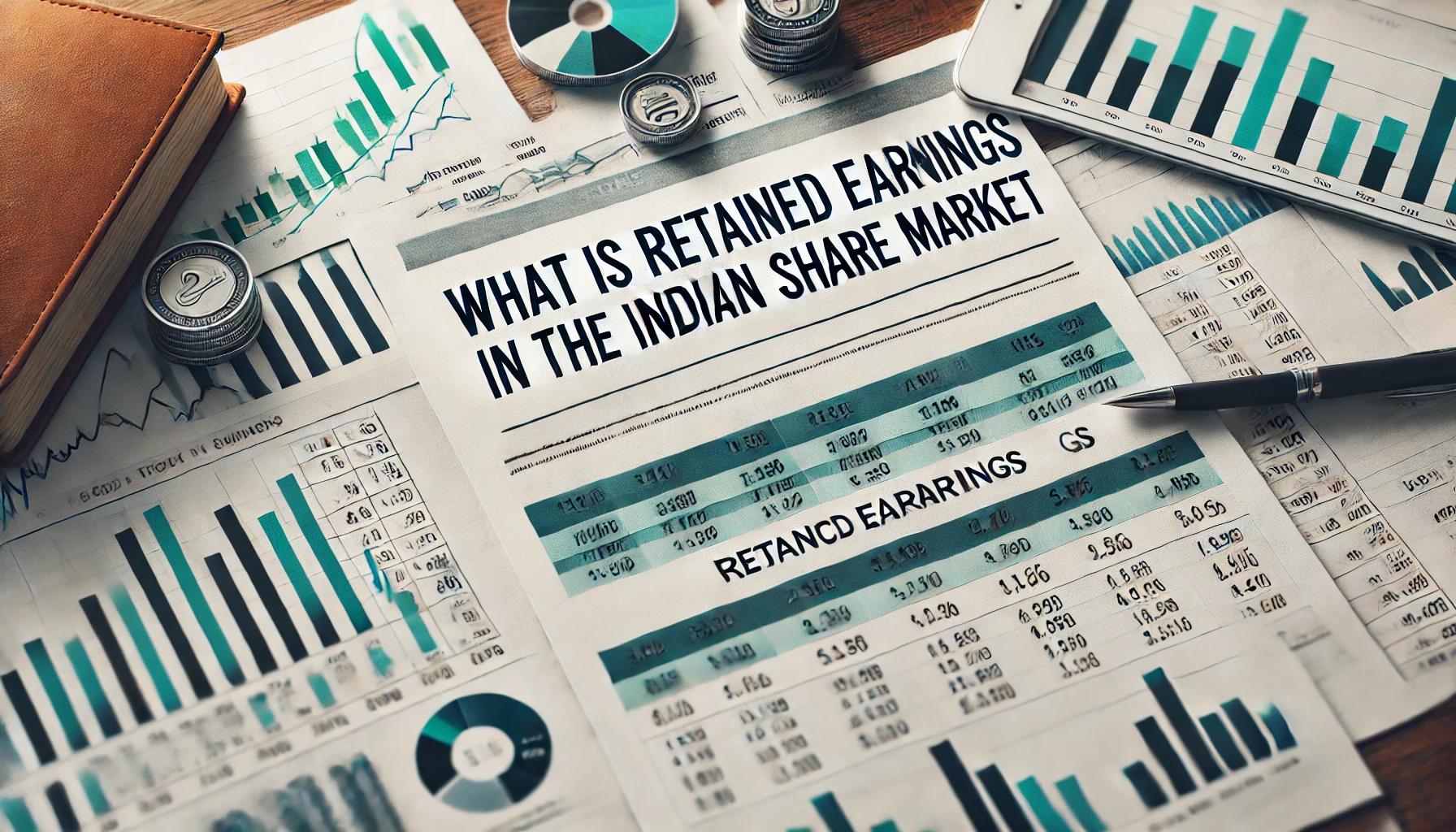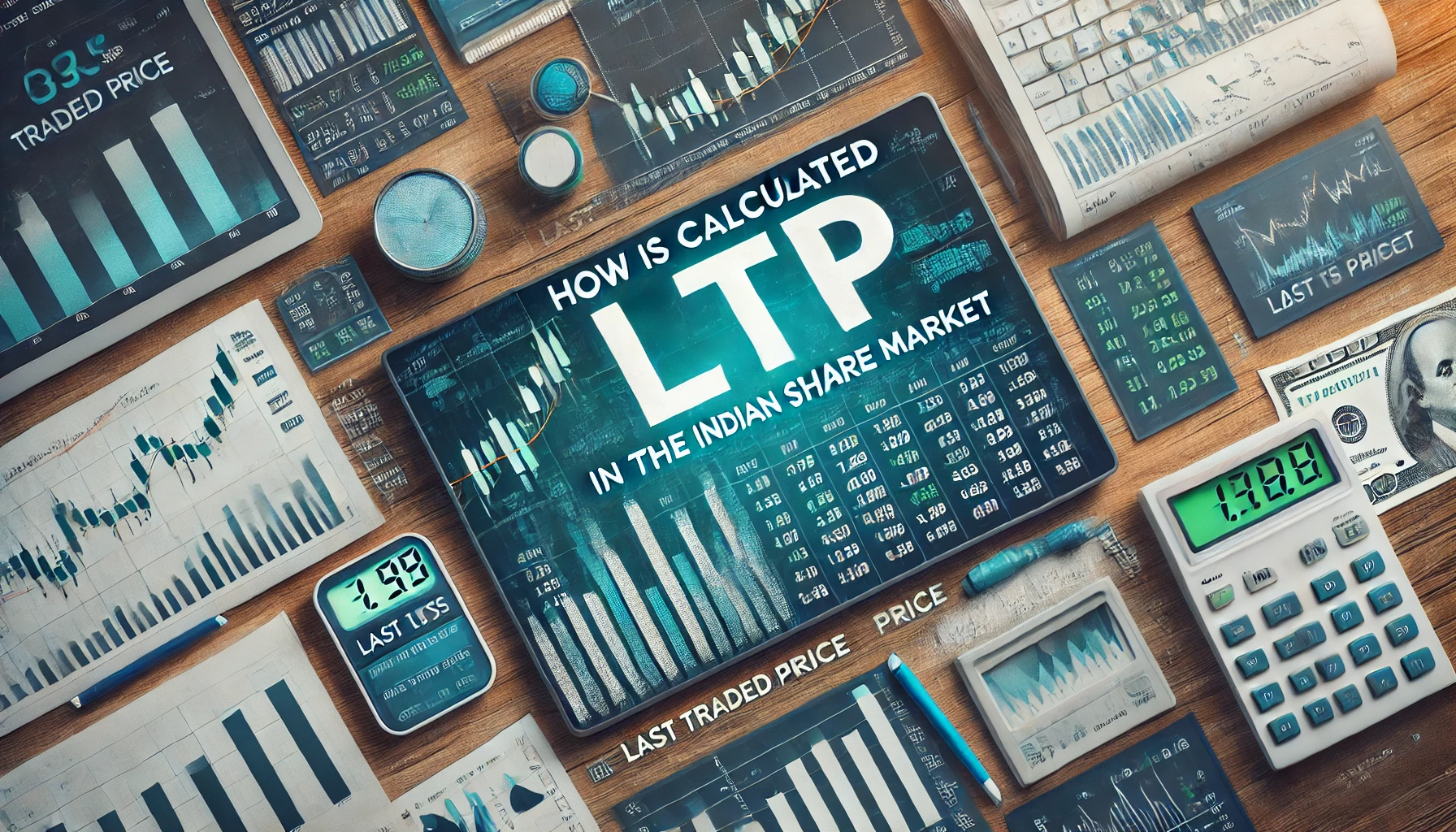Ordinary shares, also known as equity shares, represent ownership in a company. Holders of these shares have voting rights and receive dividends based on the company’s performance. They are the most common type of share issued by Indian companies and play a vital role in the equity market.
Table of Contents
- Introduction to Ordinary Shares
- Features of Ordinary Shares
- Advantages of Owning Ordinary Shares
- Disadvantages of Ordinary Shares
- Ordinary Shares vs. Preference Shares
- Role of Ordinary Shares in the Indian Market
- Historical Performance of Ordinary Shares in India
- How to Invest in Ordinary Shares
- Tax Implications for Ordinary Shares
- Key Risks Associated with Ordinary Shares
- Future of Ordinary Shares in the Indian Market
- Conclusion
Introduction to Ordinary Shares
Ordinary shares are the foundation of most corporate equity structures. They provide shareholders with rights to a company’s profits and participation in decision-making. These shares are traded on stock exchanges like the Bombay Stock Exchange (BSE) and National Stock Exchange (NSE), offering liquidity and investment opportunities.
Features of Ordinary Shares
| Feature | Description |
|---|---|
| Ownership Rights | Grants a stake in the company. |
| Voting Rights | Shareholders can vote on key company decisions. |
| Dividends | Paid from profits; amounts vary based on earnings. |
| Risk and Reward | High risk, but potential for significant returns. |
| Market Trading | Actively traded on stock exchanges. |
Advantages of Owning Ordinary Shares
- Potential for High Returns: Share prices may increase significantly over time.
- Dividend Income: Shareholders receive a share of the company’s profits.
- Ownership and Voting Rights: Enables participation in company decisions.
- Liquidity: Easily bought and sold on stock exchanges.
- Portfolio Diversification: Adds a growth-oriented asset to investments.
Disadvantages of Ordinary Shares
- Market Volatility: Prices can fluctuate based on market conditions.
- Dividends Not Guaranteed: Payouts depend on company performance.
- Subordination in Liquidation: In case of bankruptcy, ordinary shareholders are paid last.
- High Risk: Investments may lead to losses during market downturns.
Ordinary Shares vs. Preference Shares
| Aspect | Ordinary Shares | Preference Shares |
|---|---|---|
| Voting Rights | Yes | No |
| Dividend | Variable, based on profits | Fixed |
| Risk Level | Higher | Lower |
| Repayment in Liquidation | Paid after preference shares | Priority over ordinary shares |
Role of Ordinary Shares in the Indian Market
Ordinary shares form the backbone of the Indian equity market. Companies use them to raise capital for business expansion, and they are the primary instrument for retail and institutional investors.
Historical Milestones
- 1991: Economic liberalization led to a surge in ordinary share trading.
- 2004-2008: The stock market boom popularized equity investments.
- 2020-2021: Despite the pandemic, ordinary shares witnessed a record inflow of retail investors.
Historical Performance of Ordinary Shares in India
Ordinary shares have shown varied performance based on market cycles. Below is a snapshot of historical data:
| Year | BSE Sensex Return (%) | Nifty 50 Return (%) |
|---|---|---|
| 2008 | -52.45 | -51.79 |
| 2010 | 17.43 | 17.95 |
| 2016 | 1.95 | 3.01 |
| 2020 | 15.75 | 14.90 |
| 2021 | 22.75 | 24.12 |
How to Invest in Ordinary Shares
- Open a Demat Account: Register with a broker and get a trading account.
- Research Companies: Analyze financials, growth potential, and market trends.
- Place an Order: Use online trading platforms to buy shares.
- Monitor Performance: Track stock prices and market conditions.
Tips for Beginners
- Diversify investments to minimize risk.
- Focus on blue-chip companies for stable returns.
- Avoid emotional decisions during market volatility.
Tax Implications for Ordinary Shares
| Tax Component | Description |
|---|---|
| Dividend Income | Taxable under “Income from Other Sources.” |
| Short-Term Capital Gains | Taxed at 15% if held for less than a year. |
| Long-Term Capital Gains | 10% tax for gains above INR 1 lakh if held for over a year. |
Key Risks Associated with Ordinary Shares
- Market Risk: Prices depend on economic and geopolitical factors.
- Liquidity Risk: Stocks of smaller companies may be harder to sell.
- Company-Specific Risk: Poor management or business performance can affect returns.
Future of Ordinary Shares in the Indian Market
With increasing retail participation and reforms like the introduction of direct benefit transfer systems for dividends, the future of ordinary shares in India looks promising. Continued economic growth and technological advancements in trading platforms are expected to attract more investors.
Conclusion
Ordinary shares are a vital part of the Indian share market, offering investors a chance to participate in a company’s growth journey. While they carry inherent risks, the potential for substantial returns makes them an attractive investment option. Careful research and a well-diversified portfolio are essential for success.


























































